‘I’ve had trouble sleeping’: Incumbent Tas Greens Senator Peter Whish-Wilson says federal election will be critical
“I’ve had trouble sleeping.”: The incumbent Tasmanian Greens Senator, Peter Whish-Wilson, says the upcoming federal election will be the most important in Australian history. WHY >>
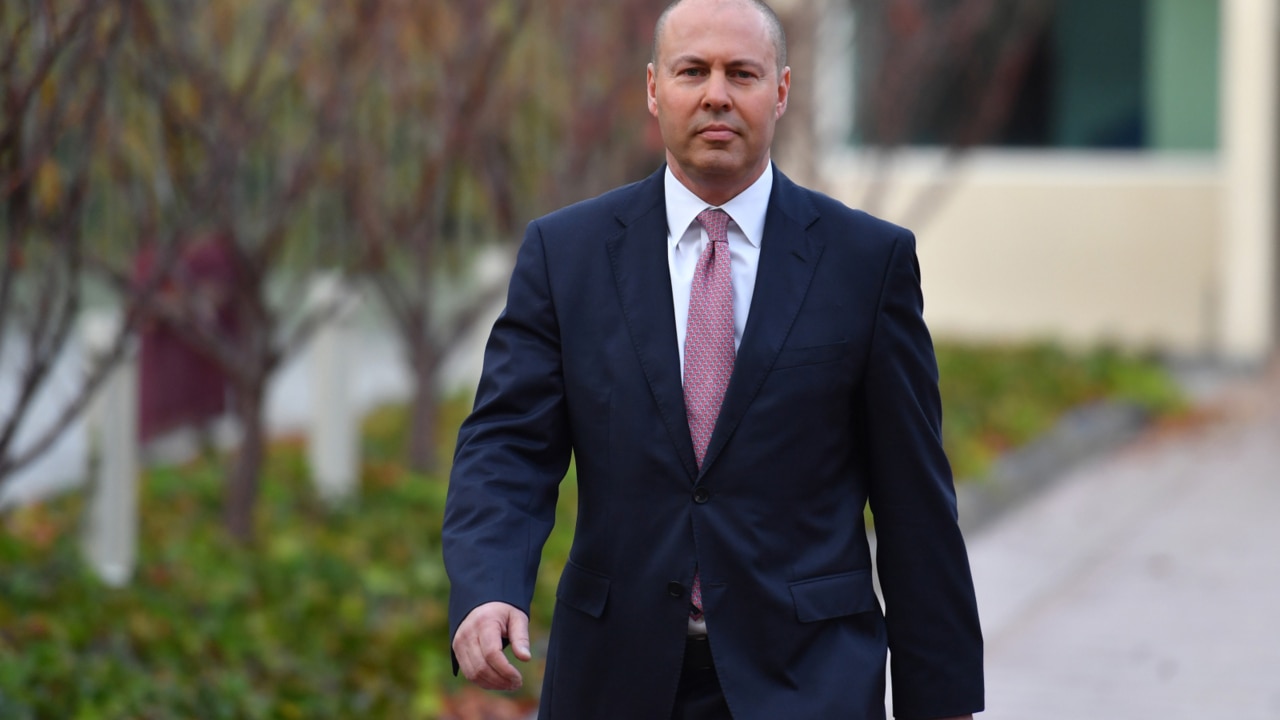
INCUMBENT Tasmanian Greens Senator Peter Whish-Wilson says the upcoming federal election will be the most important in the nation’s history in terms of the environment.
“If we don’t get action on climate change in the next four years, we’re done for,” he said.
Mr Whish-Wilson said those who cared about the planet needed “to act now”.
“I feel very emotional myself and I get very upset and I’m happy to admit I’ve had trouble sleeping in recent weeks, with what’s going on in Ukraine and other things around the world. It’s a difficult time,” he said.
“So it’s trying to get the balance right, between giving people hope and taking action. And I keep saying to them – if you’re disengaged from this whole process, you’ve got to remember your votes are the most important action you can take in a democracy.”
Mr Whish-Wilson noted the Tasmanian Greens party was first established 50 years ago – as the United Tasmania Group in 1972.
“As a movement, we’ve spent 50 years defending, trying to get wild places protected, and national parks, trying to get them protected permanently. Unfortunately, they’re not safe from climate change – it doesn’t know any boundaries,” he said.

“I say to people don’t vote for Peter Whish-Wilson, don’t even vote for the Greens. Vote for climate action. And we are the only option for people who want to vote for climate action.”
Newcomer Tabatha Badger, small business owner and campaign manager for the Restore Lake Pedder association, is running alongside Mr Whish-Wilson as a Senate candidate this year.
She said it was entirely possible the Tasmanian Greens could pick up a second Senate seat.
“I think younger people are so essential in the Senate. It’s our future that we need to be fighting for. And the Greens are the only party with all of the policies that are actually going to get serious action on climate,” she said.
“Without climate action, we don’t have equality and we don’t have a planet. It’s essential that we have Greens in the balance of power.”
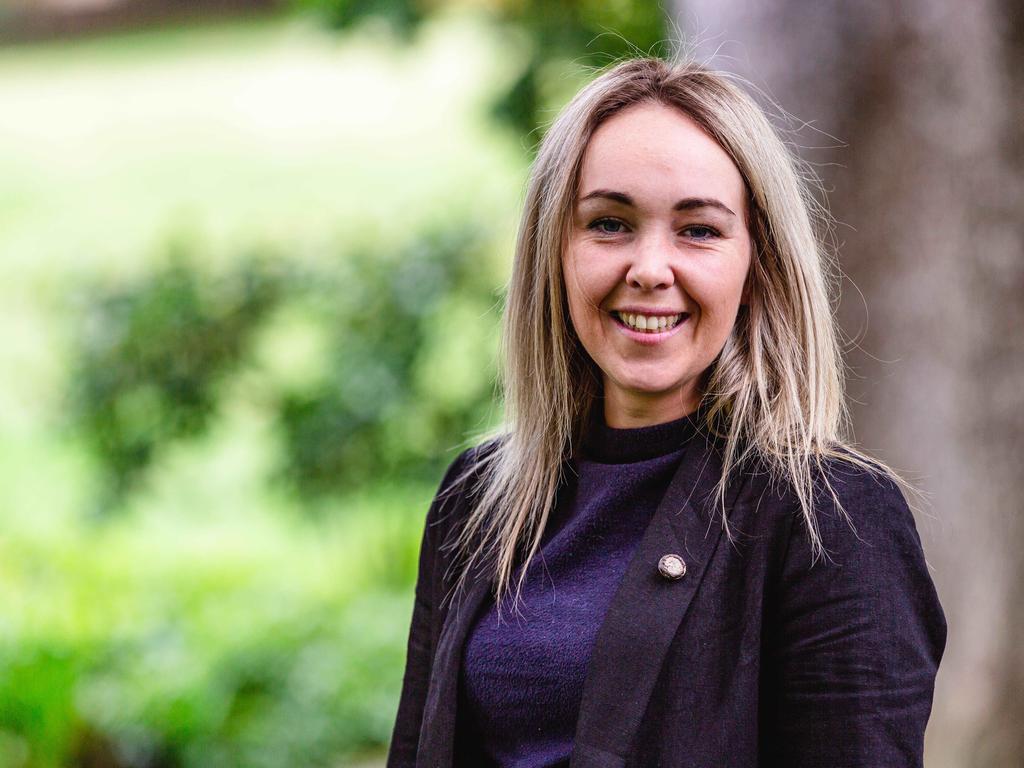
Fellow Senate candidate Vanessa Bleyer, a lawyer specialising in environmental and commercial law, said she’d worked on a number of key cases, securing the first injunction to stop logging of native forests during 2010.
She said she’d also run cases challenging government approval processes of the controversial and now-defunct Tamar Valley pulp mill.
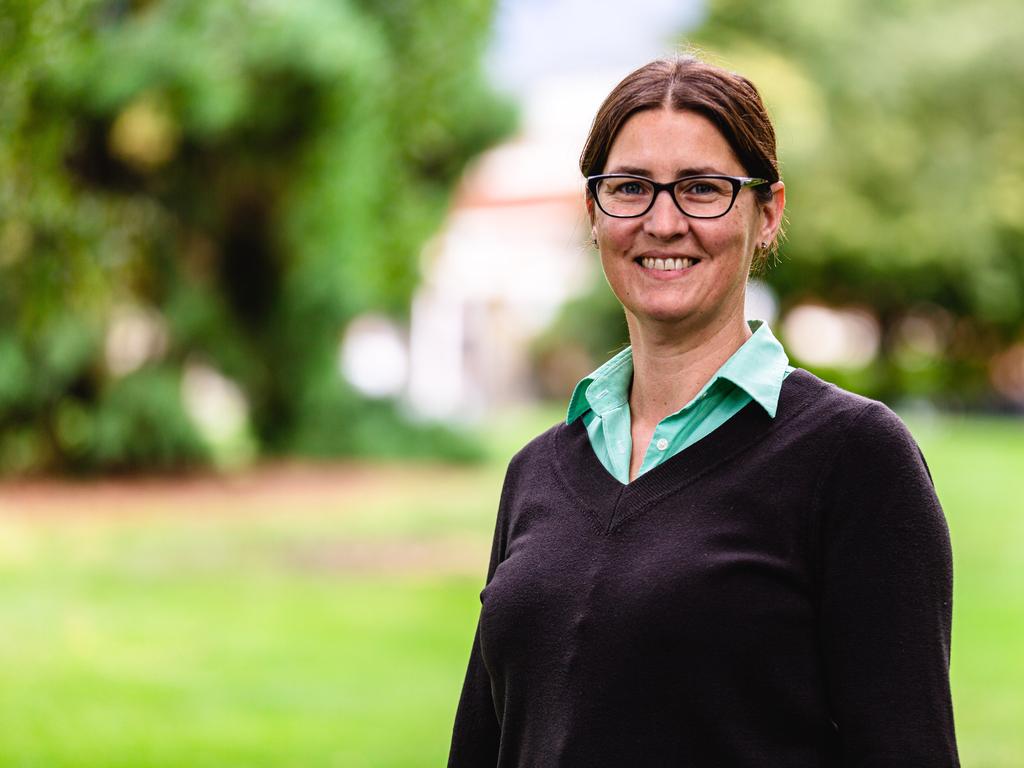
“There’s a history in Australia of environmental laws being watered down in the best interests of big corporations, in the interests of logging companies, in the interest of state-owned logging companies, in the interest of gas companies, in the interest of oil companies,” she said.
“It’s time for there to be a shift so that laws are focused more on the environment, because we need to protect our planet. This is a critical election for the future.”
What Tasmanians are most concerned about ahead of the election
HOUSING and health have been identified as Tasmania’s key weaknesses in its latest Infrastrucutre Austalia report: Regional Strengths and Infrastructure Gaps.
The report noted the state’s economic strengths in energy and water infrastructure, its natural resources and strong tourism industry.
But it said the state’s major infrastructure gaps were in the availability, diversity and affordability of housing.
“Housing unaffordability is an issue across Tasmania,” it noted.
“Greater Hobart was rated as unaffordable by the 2019 Rental Affordability Index, with Launceston moderately unaffordable and South Hobart, Taroona, Geilston Bay, Risdon and Lindisfarne severely unaffordable.
“Greater Hobart has been identified as the least affordable capital city in Australia.
“Further exacerbating the issue is a high proportion of low-income households, wage stagnation and a high degree of reliance on income support benefits, while housing
prices continue to rise.
“Low availability of affordable housing stock can bring about difficulties in attracting and retaining skilled workers.”
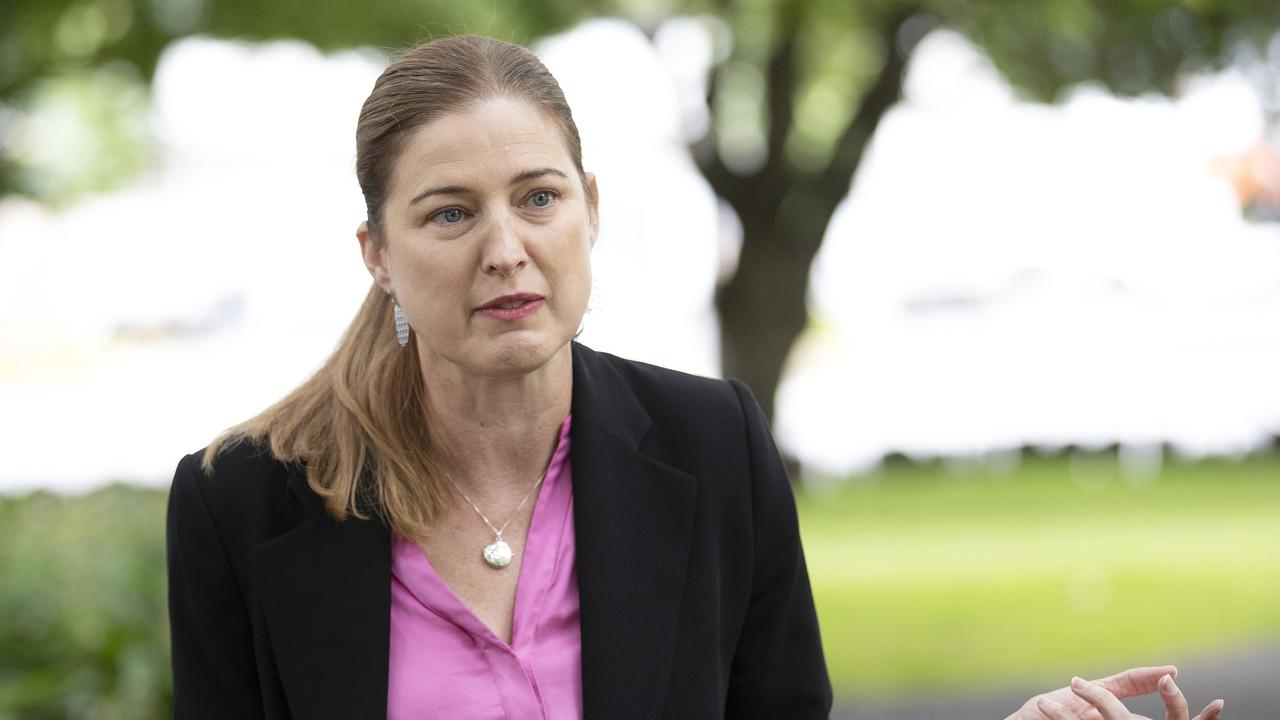
Labor’s Julie Collins is the local member for the Franklin, which includes the dormitory suburbs of the eastern shore and Kingston.
She blames the federal Coalition government for making home ownership less affordable to aspiring buyers.
“The report flags this housing affordability failure not only hurts communities and increases inequality, it also makes it harder to attract and retain skilled workers,” she said.
“Under Scott Morrison, it’s harder to buy than ever before, it’s harder to rent than ever before and there are more homeless Tasmanians than ever before. “It is shocking Scott Morrison and the Federal Tasmanian Liberals have not made this a priority.
“Housing affordability is one of the biggest issues facing Tasmania and the Morrison Government has put its head in the sand.
“A Labor Government will establish the Housing Australia Future Fund which will build 30,000 social and affordable homes across the country.
The Infrastruture Australia report also noted that Tasmania has the slowest ambulance response times in the nation and the longest wait times for elective surgery.
Housing and transport top Tasmanian concerns
HOUSING, health care and the cost of living are the issues most on the minds of Tasmanians as the federal election looms, new research has shown.
Hobart firm 3P Advisory will release the details of its Tasmanian Community Social and Environmental Issue Analysis next week.
The comprehensive look at community sentiment shows that in addition to the troubles with securing a place to live, growing traffic congestion is having the largest negative effect on liveability in the state’s capital.
Polling of 600 Tasmanians carried out in support of the study found that 92 per cent felt it was very or extremely important to have access to high quality health services, 88 per cent mentioned feeling safe and 85 per cent nominated affordable and decent housing.
Good job prospects, a high-quality education and opportunity for all also rated highly.
Older people surveyed were more likely to nominate the desire for high quality health services, while people under 35 were more likely to mention housing.
And Labor voters were most concerned about the cost of living, Liberal voters about health care and Greens voters about climate change.
Tasmania’s oft-vaunted lifestyle advantages were reflected in the data: respondents reported their most positive satisfaction ratings with access to the natural environment, a feeling of safety and recreational activities such as shopping leisure and dining and sport and recreation.
But in Hobart, residents’ net satisfaction rating was lowest with regard to affordable decent housing, with a net satisfaction rating of -43 per cent, compared with -37 for the rest of the state.
The the city’s sentiment towards road congestion was also negative, at -7 per cent.
Overall, those surveyed were neutral in their sentiment about the accessibility of high quality health services, access to jobs and reliable and efficient public transport.
The most positive responses were toward social factors including a sense of community and safety.
The responses showed was more to measuring community prosperity than simple recording data such as economic growth, 3P Advisory director Kym Goodes said.
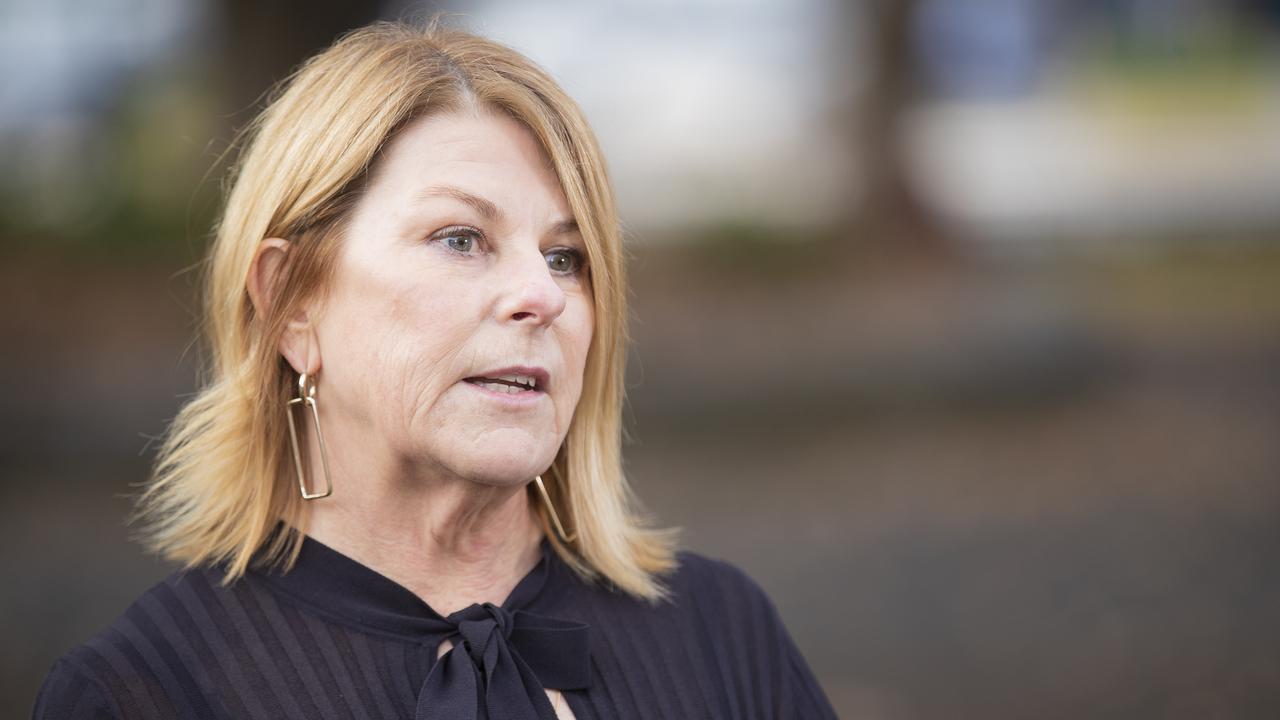
“We can have growth and development while ensuring Tasmania remains a special place to live but to do so, we can’t ignore the dual investment across social and economic agendas.
“Housing, public transport, health, education are the top issues that matter in the day to day lives of Tasmanians.
“Finding the sweet spot between growth and the development of new industries while ensuring the Tasmanian way of life and what make us a special place in the world is critical. “Measuring economic success must sit side-by-side with measuring and taking action on “liveability” to ensure investment and decisions that impact all our futures are evidence based and ensure a good life for all Tasmanians.”
New transport group to push for a unified vision to bust traffic
SOLVING Hobart’s perennial transport problems will help improve access to housing, education and jobs, say the members of a new advocacy forum.
The RACT, the University of Tasmania, the Property Council, MONA, Bicycle Network Tasmania and the Tasmanian Chamber of Commerce and Industry have formed the Southern Transport Forum.
Hobart has been ranked as one of the most congested of Australia’s capital cities.
In response, the state and federal governments have announce a series of big ticket road infrastructure projects including the $350m South-Eastern Traffic Solution, a fifth lane on the Southern outlet and the Kingston bypass duplication.
RACT chief advocacy officer Garry Bailey said increasing petrol price volatility and the trend towards working from home had highlighted the need for better planning for transport choices.
“One of the interesting things about Hobart transport planning is that there’s something like 18 plans already in existence,” he said.
“And we have to say there’s a great deal of good in a lot of them – but we need to pull them together into one overarching plan.
He said a Legislative Council inquiry’s recent recommendation of a single authority for transport planning in Greater Hobart had merit.
Mr Bailey said that innovations such at the new ferry service on the River Derwent and the scooter trial were examples of transport innovation by government which gave people additional ways of getting around.
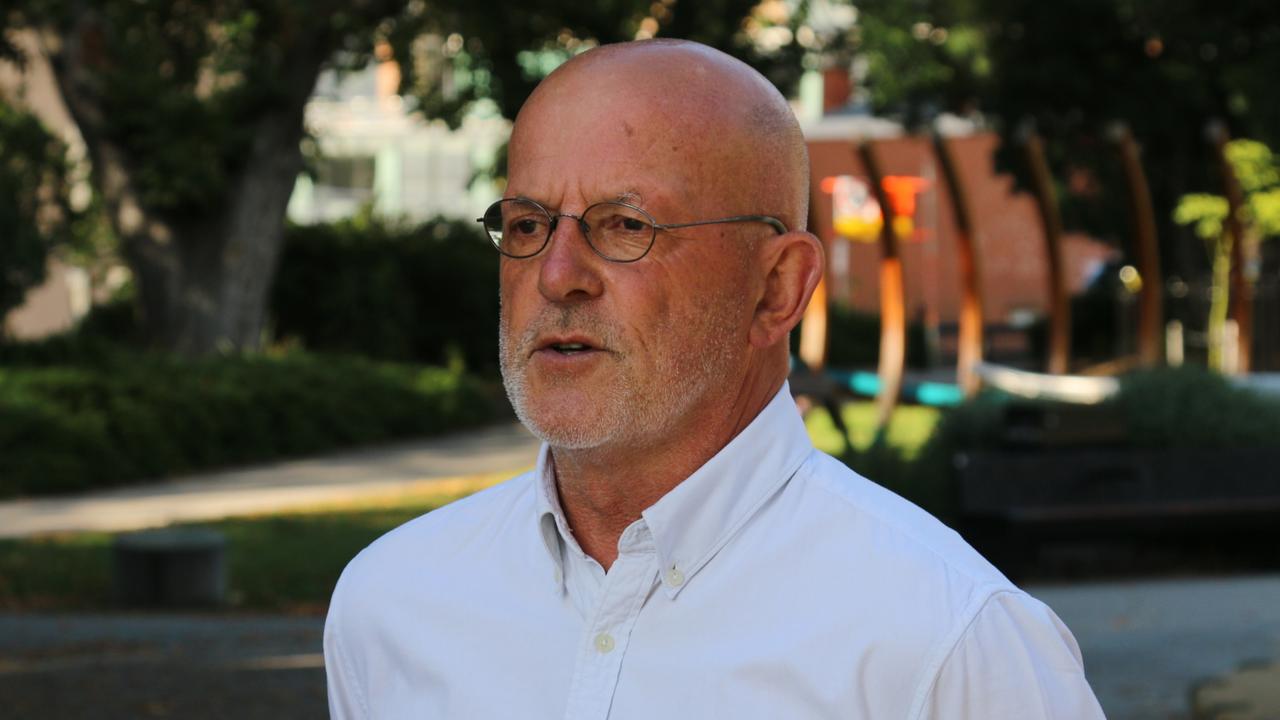
Transport Minister Michael Ferguson said Mr Bailey’s comments on multiple plans for transport was incorrect.
“The Government has many well integrated initiatives currently under way, but only one overall plan, the Greater Hobart Transport Vision, which the RACT contributed to and which is now embedded in the Hobart City Deal,” he said.
“The Tasmanian Liberal Government has made a significant investment of more than $400 million to the City Deal of which just under $130 million is allocated for a range of transport initiatives.”
The University of Tasmania’s Jason Byrne said the institution’s move into the CBD was expected to be accompanied by a change in transport mode usage.
He said 75 per cent of staff and half of students used cars to get to Sandy Bay, but that fell to between one-half and one-third in city-based institutions.
“We know from transport planning that when people choose to travel somewhere it’s about flexibility, efficiency, safety, accessibility and so by having the campus in the city centre, we know that there’ll be a greater variety of choices open to staff and students and we’ll see a reduction in private car usage,” she said.
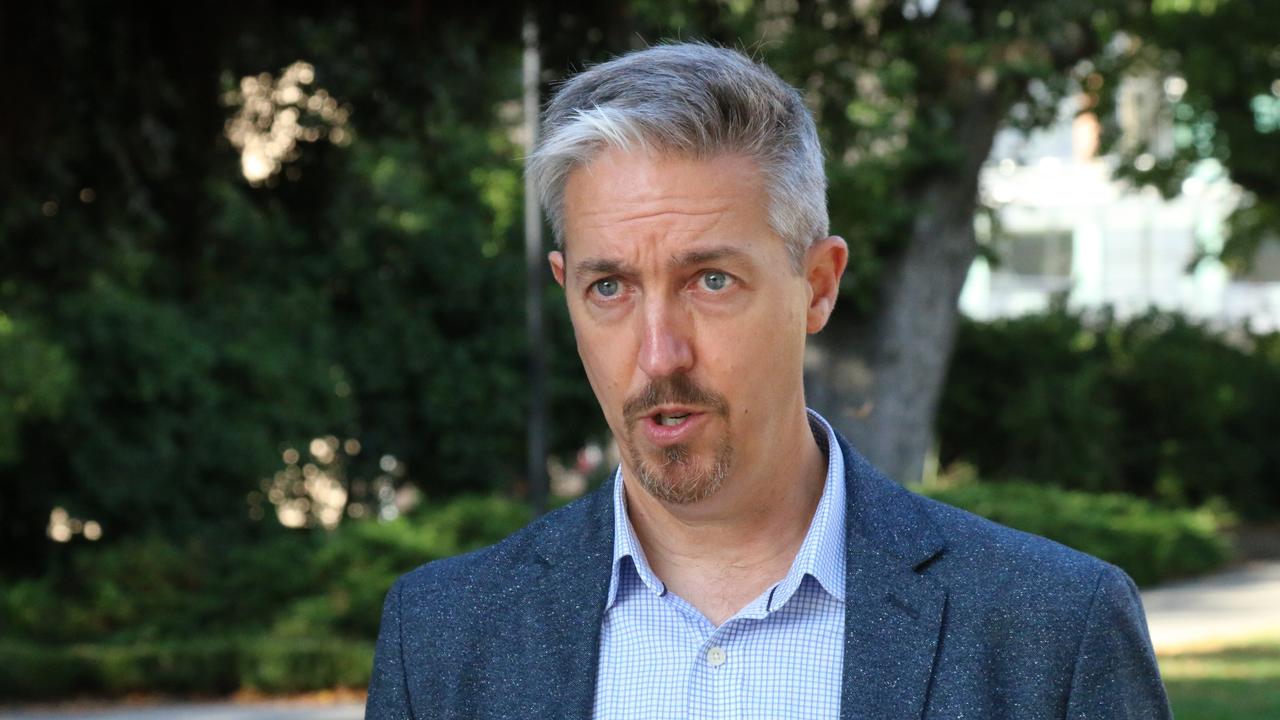
And Property Council of Australia Tasmania director Rebecca Ellston said transport infrastructure is vital to the delivery of better housing supply.
“In terms of bringing on new supply for housing, we also need to carefully plan where we’re putting that housing,” she said.
“No one wants to live where there’s no public transport into the CBD, especially when we’re looking at more hybrid models of returning to work.”
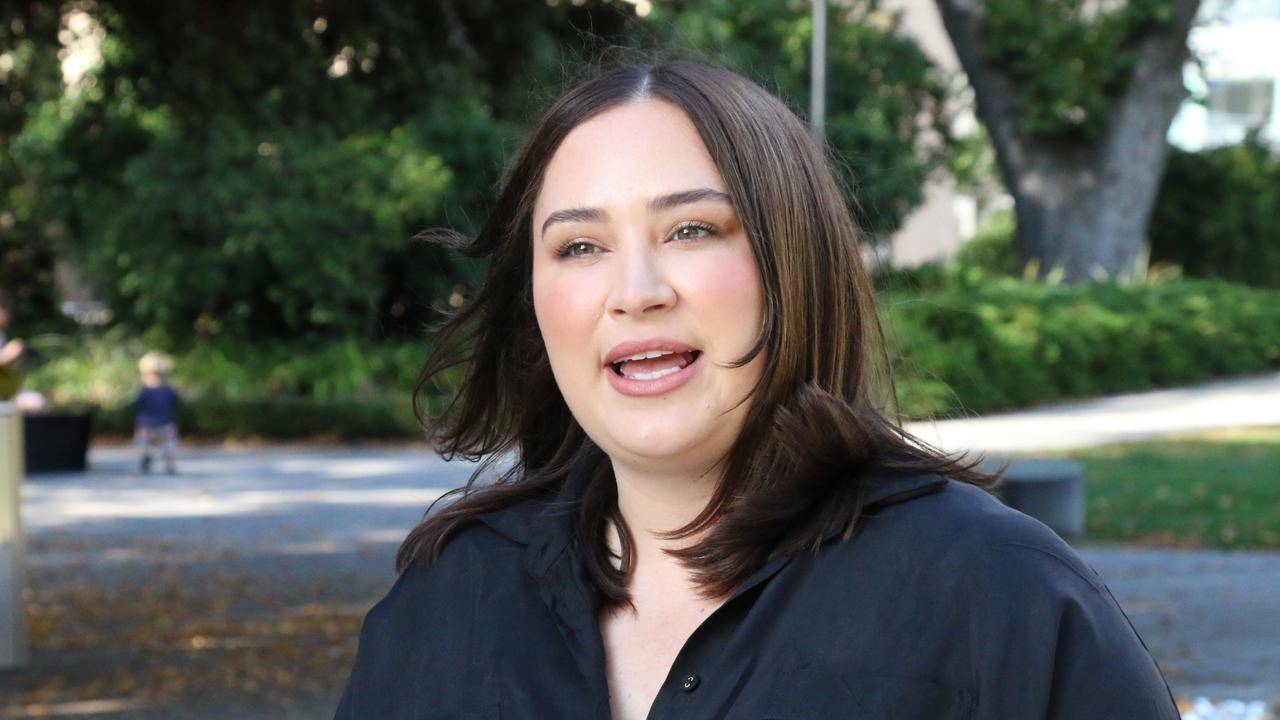
Mr Ferguson outlined the following transport-related work that has progressed under the Hobart City Deal.
- The new Bridgewater Bridge tender has been awarded, designs published and the bridge is now awaiting planning approval before works can commence at the end of the year;
- Government has committed to announcing a form of transport for the Northern Suburbs Transit Corridor by the end of this year. This project is on track to be activated between 2024-2029;
- An extra 43 express bus services between Kingborough and Hobart started in January 2022, providing more travel choice for the growing number of people commuting between the southern suburbs and Hobart;
- As well as new express bus services, the Southern Projects initiative includes a transit lane on the Southern Outlet, bus priority measures on Macquarie and Davey Streets, and park and ride facilities at Huntingfield and Firthside, which are currently under construction;
- The government has implemented a wildly successful Derwent Ferry, and has announced even before the end of the trial that it will continue service between Bellerive and Hobart and is looking at options to extend the service;
- The $350 million South East Traffic Solution is taking shape with the airport interchange, Sorell Bypass and Midway Point projects in full swing and ahead of time;




